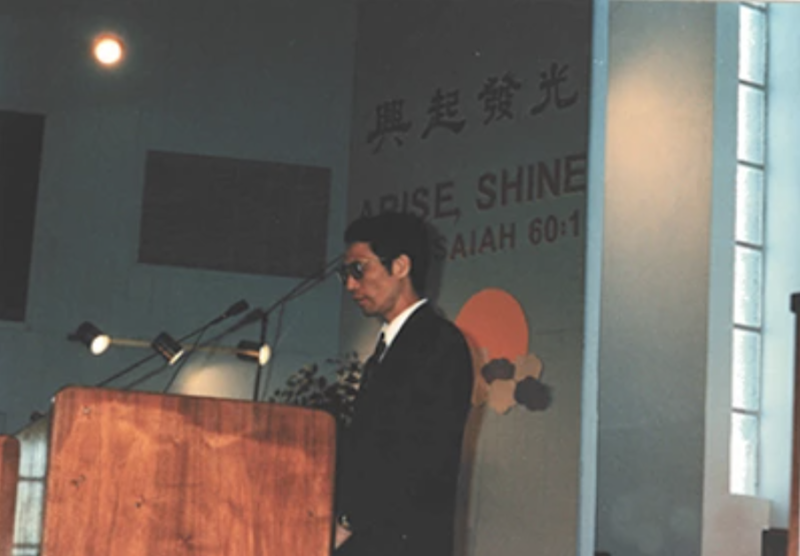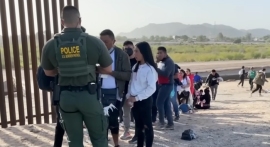
US Pastor David Lin has returned to the United States following a 17-year wrongful detention in China, sparking international discussions on religious freedom and human rights. His release is welcomed not only by his family but also by advocates for religious freedom, as it highlights ongoing issues regarding the treatment of Christians and non-state-sanctioned religious groups in China.
David Lin, a 68-year-old California pastor, was detained by Chinese authorities in 2006 after he attempted to establish a Christian training center in Beijing. He was subsequently accused of contract fraud and sentenced to life imprisonment in 2009, charges he and many human rights organizations have denied as politically motivated.
After nearly two decades of imprisonment, Lin was released and returned home to San Antonio, Texas, on September 16, 2024. His daughter, Alice Lin, shared her joy, stating, "No words can express the joy we have — we have a lot of time to make up for". This reunion marks a deeply emotional moment for the Lin family, who have endured the separation for nearly two decades due to Lin's wrongful incarceration.
The U.S. State Department had classified Lin's detention as wrongful and worked over the years to advocate for his release. Officials engaged in high-level discussions with Chinese authorities, including Secretary of State Antony Blinken, to raise Lin's case at various diplomatic meetings.
Following Lin's release, State Department spokesman Matthew Miller expressed relief, highlighting the importance of continued advocacy for other Americans still detained in similar circumstances.
His case is part of a larger narrative surrounding religious freedom in China, where underground churches face significant repression. Advocacy groups report that Christians participating in unregistered gatherings often encounter harassment and legal repercussions. The U.S. Commission on International Religious Freedom emphasizes that Lin's experience illustrates the risks faced by those involved in non-state-sanctioned religious activities.
The Chinese government has implemented policies aimed at "Sinicizing" religions, which requires that religious practices and teachings conform to Chinese culture and Communist Party ideology. Religious groups are mandated to register with the state and operate within government-defined boundaries, effectively limiting their autonomy and freedom.
These policies contribute to a highly controlled religious environment where any deviation from the state's guidelines is met with severe penalties.
















